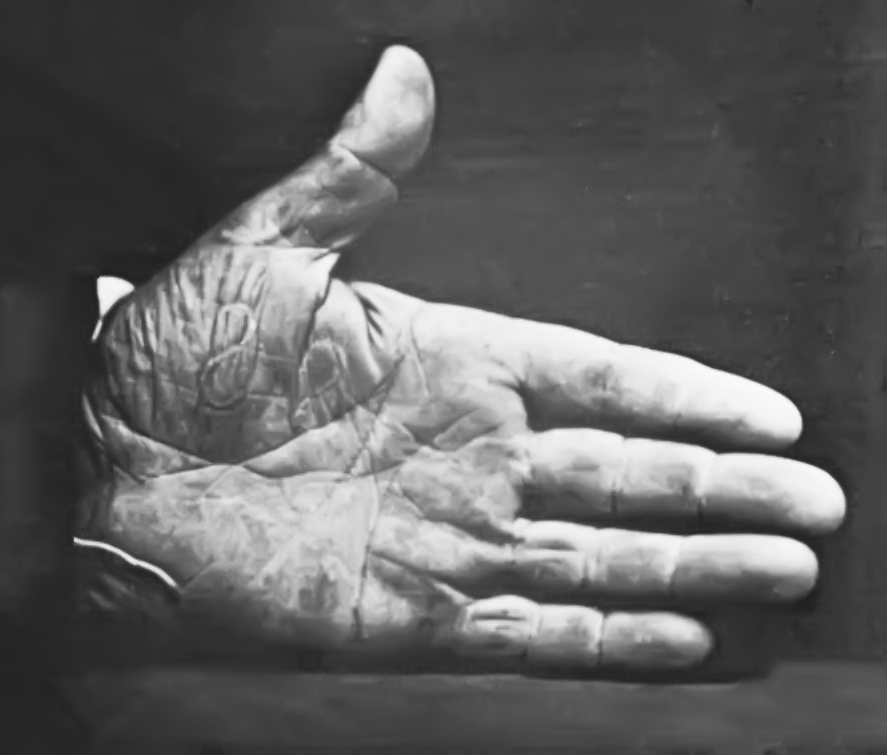The term “Slave Stealer” was a pejorative term used by supporters of slavery to describe abolitionists and other individuals who worked to help enslaved people escape to freedom through the Underground Railroad. The term was intended to portray those who helped enslaved people escape as criminals who were stealing property from their rightful owners.
However, it is important to recognize that enslaved people were not property, but human beings who were being held in bondage against their will. The Underground Railroad was a network of secret routes and safe houses that were used by enslaved people to escape from slavery and reach freedom in the North or in Canada. The people who were involved in the Underground Railroad were primarily abolitionists and other sympathetic individuals who believed in the cause of ending slavery and achieving equality for all Americans.
The use of the term “Slave Stealer” to describe those who were involved in the Underground Railroad is therefore not accurate or appropriate. Those who helped enslaved people escape were not stealing property but were rather helping human beings to escape from a system of oppression and injustice.
Despite the risks involved in their work, those who were involved in the Underground Railroad were committed to helping others and believed strongly in the cause of freedom and equality. Their efforts were crucial in the fight against slavery and the struggle for civil rights, and their legacy continues to inspire activists and advocates in the ongoing fight for social justice and equal rights.

